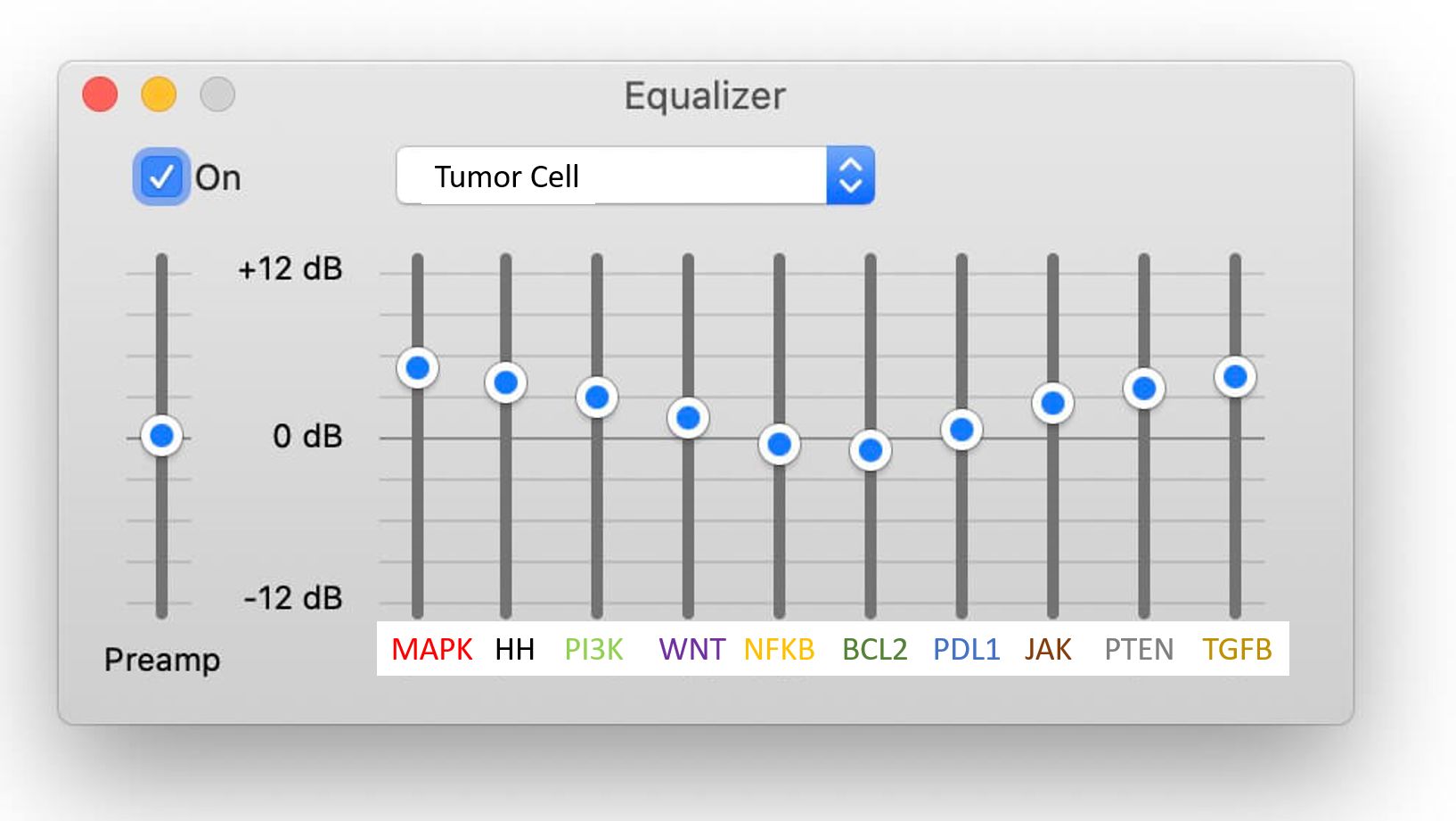Conducting a Cellular Symphony With Life Saving Combination Therapies
I always think of the Jeff Goldblum quote in Jurassic Park where he says "life finds a way" when I think of cancer. However, I simply substitute the word life with cancer in that "cancer finds a way". Indeed, the bane of an oncologist's existence is the heterogeneity of tumors and the numerous resistance mechanisms cancer cells employ. One of the most fundamental questions in Oncology is why we can't cure the vast majority of stage 4 tumors even though we can often eradicate large swaths of tumor cells.
The bottom line is nothing in a cell happens in a vacuum. If you perturb the MAP kinase pathway in some way there are numerous changes happening across the entire cancer cell. Accordingly, one needs to understand what is happening in the cell globally. Combination therapy is essential and rooted in anticipating these macroscopic alterations.
The misnomer here is that what we're presently doing is incredibly crude. We basically are taking whatever we have on the shelf and combining it with whatever else we have on the shelf. Right now it's the best we can do, but we need more refined approaches.
It doesn't take a genius to say, "let's see what happens when we take olaparib and mix it with keytruda or abiraterone or whatever in prostate cancer." Anyone can add a VEGFR inhibitor to ipilimumab + nivolumab in renal cell cancer. Indeed, one can conceive of numerous permutations of clinical trials where we simply test every combination of therapies we have available. The key is to understand what is happening at the cellular level to optimize our therapeutic approach. It will also be important to determine what our efficacy measures really are. Progression-free survival without showing improved overall survival is likely insufficient as that doesn't prove that combination therapies are better than using them sequentially.
A term I coined is the "cellular equalizer". When one turns up the gain in the MAP kinase pathway what's happening to the gain in the JAK/STAT pathway, PD1/PDL1 pathway, etc. This will be incredibly important as one strives to be a conductor of another term I coined, "the cellular symphony". Indeed, this may actually allow someone to manipulate what is happening in the cancer cell to optimize cell kill.
Ultimately, when we look for resistance mechanisms we often look for overt genetic mutations, but a lot of cancer cell resistance is likely happening in a far more subtle fashion. It likely resides in the manner in which the "cellular equalizer" is modified to allow a cancer cell to survive. The issue here is how one actually measures this. The answer resides at the interface of proteomics and its various iterations, genomics, artificial intelligence, machine learning, etc. The primary obstacle in these studies will be the sheer amount of data required and the cost associated with generating the data.
In my opinion, this is the key to optimizing cancer regimens via combined therapeutics.
